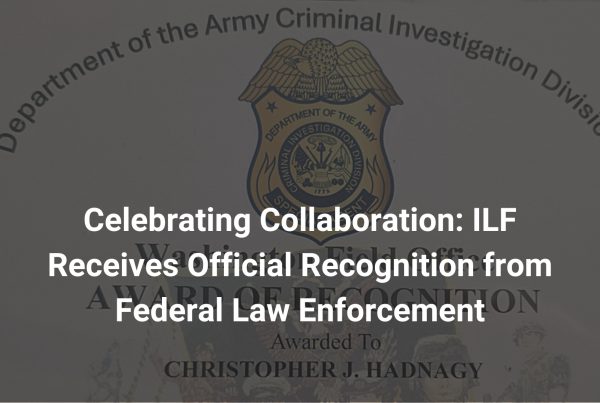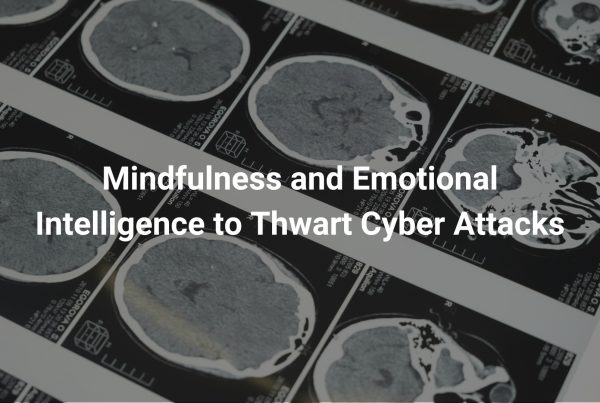Authors: Dr. Abbie Maroño
Published: October 22, 2024
At some point in our lives, most of us have experienced ending a romantic relationship and, after healing, looking back and asking ourselves, “What was I thinking?” We begin to piece together example after example of why this person was not right for us and recognize the red flags we overlooked at the beginning and sometimes throughout the relationship. For those unfamiliar with the term, a red flag is a warning sign or indicator of potential problems or toxic behavior in a relationship.
Recognizing these red flags after a breakup doesn’t necessarily take away the pain of healing, but understanding why we overlook them can help us avoid similar situations in the future.
Wishful Thinking
Sometimes, red flags are not ‘missed’; rather, we believe we can change the color. Even if you see troubling signs, you might think, “Our love is different” or “We’ll work through this,” underestimating the potential for long-term issues. This mindset is formally known as the optimism bias, which is the tendency to believe that we are less likely to experience negative outcomes than others. Research has consistently shown that optimism bias is a pervasive cognitive bias that affects decision-making by downplaying potential risks. This is what some people on social media refer to as ‘being delulu’ (delusional). When we are overly optimistic, we might also convince ourselves that these behaviors are insignificant or will change over time.
We may also begin to idolize the person. Idealizing a partner involves seeing them as perfect or only focusing on their positive traits. This can create a blind spot for negative behaviors, causing red flags to be overlooked. Indeed, individuals who idealize their partners tend to have higher relationship satisfaction initially but are also more likely to overlook their partner’s faults. You might think, “They are so caring and loving,” and dismiss their negative behaviors as outliers or temporary issues.
We also often create false narratives about a person based on our personal desires and play out scenarios in our minds to construct a false sense of who they are. We get attached to this idealized version rather than seeing the person for who they truly are. This can lead us to ignore red flags and hold onto an illusion.
Negative Self-Evaluation
If you are a regular here on the Doctor’s Corner, it will probably come as no surprise that the problem often lies with how we perceive ourselves. Our perception creates our reality; if we don’t believe we deserve better, we will accept poor treatment. Low self-esteem can make individuals feel unworthy of a better relationship. Indeed, those with low self-esteem might tolerate red flags because they believe they don’t deserve better treatment. As such, individuals with low self-esteem often doubt their partner’s love and may accept mistreatment as the best they can get.
The fear of loneliness can also drive individuals to stay in unhealthy relationships. Studies indicate that the fear of being alone can outweigh concerns about the negative aspects of a relationship, leading to the dismissal of red flags. In fact, fear of being single predicts settling for less in relationships, as individuals may prefer the security of a flawed relationship over the uncertainty of being alone.
Additionally, we may not recognize a flag as red because repeated exposure to negative behaviors can lead to normalizing that behavior, making individuals less likely to recognize and respond to them as problematic. Hence, if your partner consistently belittles you, over time, you might start to accept this as a normal part of the relationship rather than recognizing it as a red flag. Poor treatment itself also diminishes self-esteem and self-image, reinforcing the idea that if we leave, we will never find love again.
An Emotional Escape
Another reason we might ignore red flags is because we are using our partners as an emotional escape. When life is stressful or overwhelming, a relationship can provide a temporary sanctuary from those pressures. This can lead to overlooking significant issues in the relationship because the relationship itself serves as a coping mechanism. Individuals with insecure attachment styles are particularly vulnerable to using relationships as emotional escapes. Their fear of abandonment and desire for closeness can lead to a heightened tolerance of red flags as they prioritize emotional security over their well-being.
How to Recognize the Red
There is no simple answer to how to stop overlooking red flags in relationships, as the underlying reasons can vary greatly. However, a great starting point is to focus on building self-awareness and self-esteem. Enhancing self-awareness involves reflecting on past relationships to identify patterns where red flags were overlooked. This reflection is crucial because it helps you understand why you are attracted to problematic partners. Keeping a journal can be an effective tool for this process. Writing down your thoughts and feelings about past relationships can reveal hidden patterns and help you clarify your experiences.
Improving self-esteem is essential for recognizing that you deserve a healthy and respectful relationship. High self-esteem acts as a buffer against settling for less than you deserve. There are several empirically supported methods to boost self-esteem at home. For instance, practicing positive affirmations can help reinforce your self-worth. Studies have shown that regularly repeating positive statements about yourself can improve self-esteem and overall well-being. Engaging in self-compassion exercises, such as writing yourself a letter of support during tough times, can also enhance feelings of self-worth. Setting and achieving small personal goals can also build confidence and reinforce a positive self-image.
Finally, setting and enforcing boundaries is critical. This process begins with understanding what you want and don’t want in a relationship. It’s important to communicate these boundaries clearly to your partner. For example, if you need space to pursue your hobbies or spend time with friends, express this need directly; don’t expect your partner to read your mind. The feeling that a boundary is being pushed is a red flag indicating that the relationship may not be healthy and that your partner may not respect your needs. Hence, simply setting boundaries is not enough; you must also be prepared to enforce them. If your partner repeatedly oversteps these boundaries despite clear communication, it’s crucial to be firm and ready to walk away if necessary.
In sum, recognizing and addressing red flags in relationships can be a challenging yet vital process for personal growth and well-being. Remember, recognizing and acting on red flags is not just about avoiding negative relationships—it’s about valuing yourself and ensuring you have the healthy, supportive partnerships you deserve.
To learn more about Dr. Abbie’s work, visit her website:





